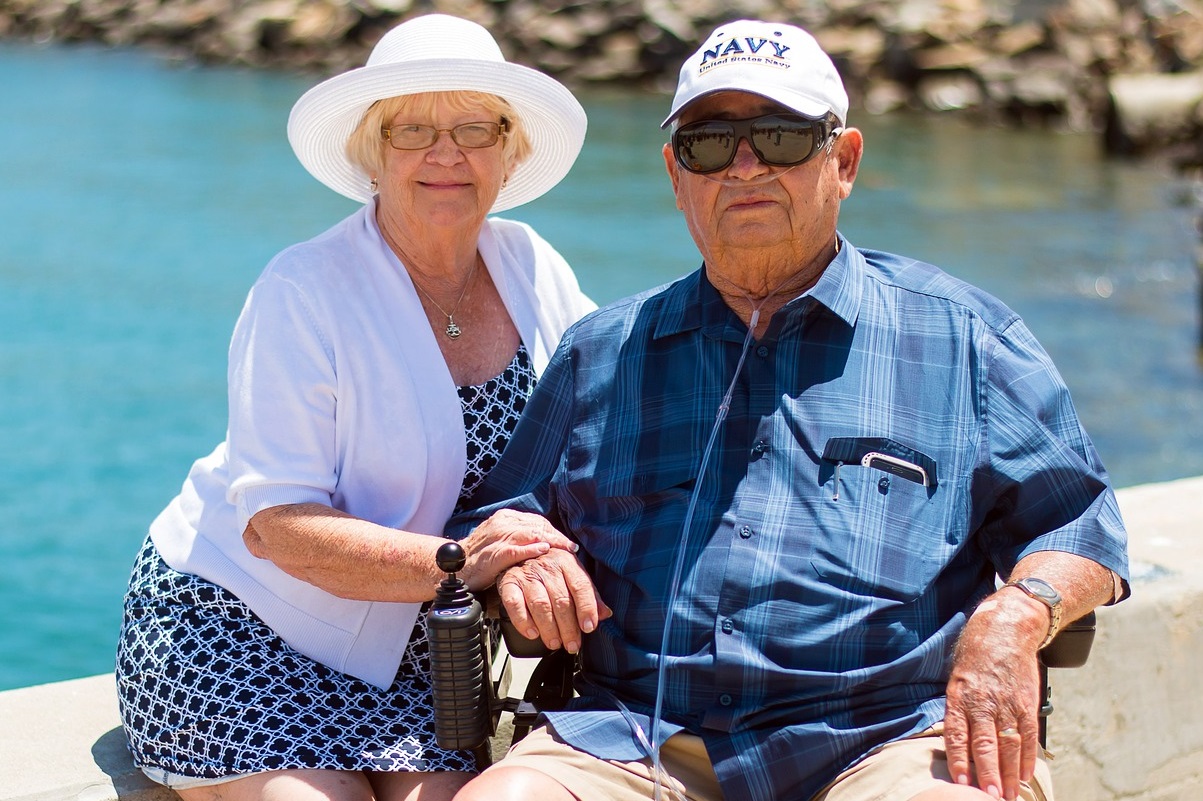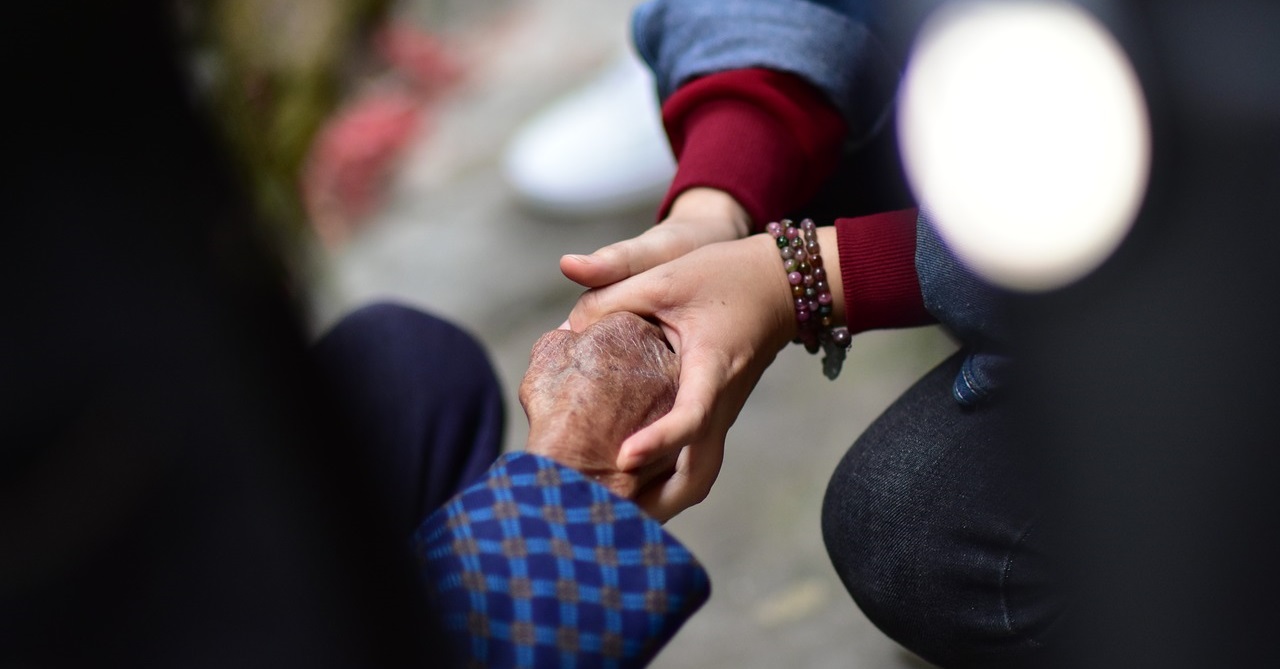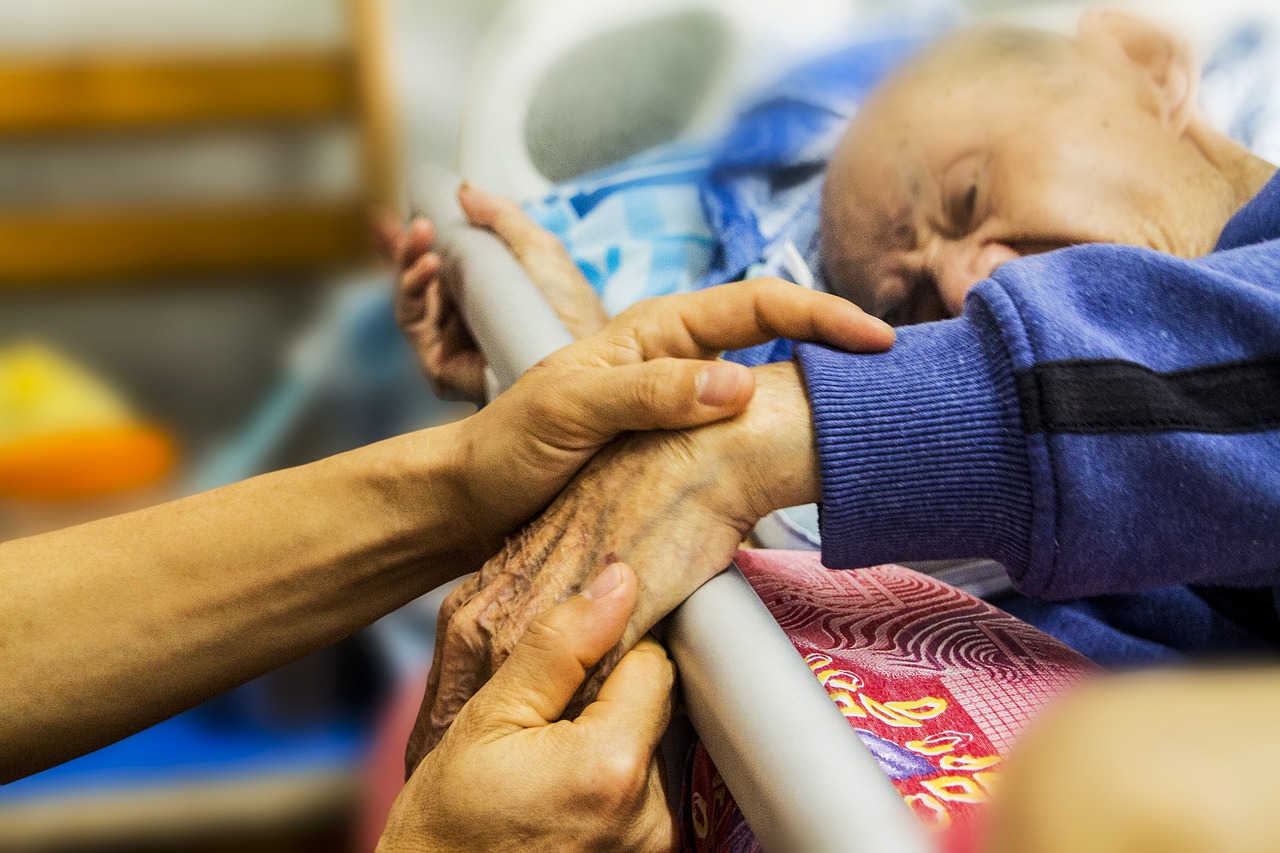Difficult Breathing: Treatment & Remedies

Dyspnea, or shortness of breath, is often seen in individuals facing a serious illness. The sensation of being unable to catch their breath or like the room is closing in on them can be terrifying. That only makes the symptoms worse.
The anxiety surrounding this symptom can greatly impact the individual’s quality of life and cause distress for those around them, so it is important to find a shortness of breath treatment that works to manage the symptom.

Signs and Symptoms of Shortness of Breath
When a patient is experiencing difficulty breathing, you will often see the following signs and symptoms:
- Fast breathing
- An inability to speak in full sentences
- Sitting hunched over with hands on their knees or leaning over a table
- Hands and feet may show mottling
- Lips and nail beds may turn blue

Shortness of Breath Treatments
Proper positioning can be incredibly beneficial to those experiencing shortness of breath. Some things to try include:
- Elevating the individual’s head when they are lying in bed
- Sitting upright in a chair or recliner
- Sitting near an open window or with a fan blowing on the individual
Another technique that can help is pursed lip breathing. With this technique, the individual takes slow, deep breaths, inhaling through the nose and then slowly and gently exhaling through puckered lips. It can be helpful to practice this technique before it is needed or between episodes of dyspnea.
Other treatments for shortness of breath include:
- Using oxygen and taking medication as prescribed
- Maintaining a calm environment with supportive conversation, quiet prayers, soft music, massage, or meditation
Never leave an individual alone when they are experiencing shortness of breath. The symptom alone is already frightening for them and being left alone creates added distress. Instead, speak softly and calmly to them. If they are turning blue in the face or they are experiencing confusion, contact your hospice team immediately.
Shortness of breath can occur in any patient with an advanced disease, but you will see it most often in respiratory illnesses like COPD. The support of hospice can help. To learn more about COPD hospice eligibility or hospice criteria for any terminal illness, please call us at 1-888-564-3405.
If you found this information helpful, please share it with your network and community.
Copyright © 2018 Crossroads Hospice & Palliative Care. All rights reserved.




